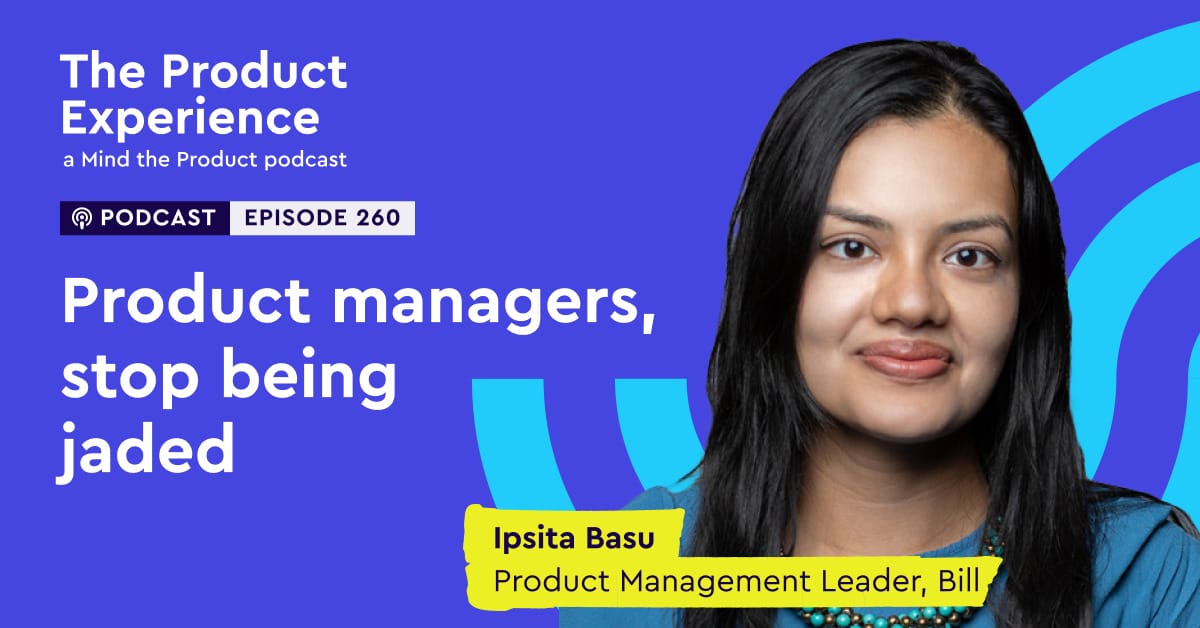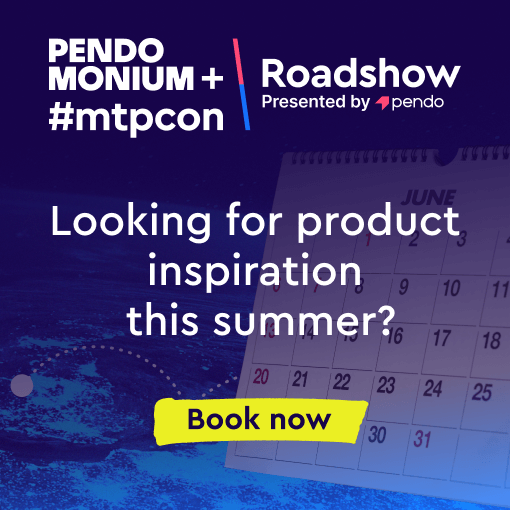I’m lucky enough to be able to say that I love what I do – but why? What is it that gets me up to go to work every day?
Like many in our field, I fell into a product job somewhat by accident, but I count myself as very lucky to have done so. It was an accident that has led me down a career path I truly love. There are tons of articles out there giving you advice on how to do this and that, but I’d like to use this opportunity to celebrate what a satisfying job working in product is:
We’re not Specialists
There’s seems to be a new phrase bouncing around the product management world at the moment:
We are generalists and not specialists
But what exactly does that mean? To help explain, let’s look at Martin Eriksson’s famous Venn diagram:

Not only is Martin’s diagram a good representation of where product traditionally sits within an organisation, it’s also a good visual of who we get to work with on a daily basis.
I love working in product because every day I am surrounded by people from multiple skill sets who are very good at their jobs, so I’m constantly learning.
This week I’ve been knee-deep in the business side of things, writing plans for the future and figuring out what could be next, and this has meant working with stakeholders from across the business to know what exactly next means. I’m spending my time with hugely experienced people who’ve spent years honing their craft and helping to drive businesses forwards.
Next week I’ll be spending my time in the tech side, helping them to work out how we structure our products around our technology in the future. A lot of these people have been working in tech for years and know how to build some pretty impressive things.
I have no doubt that in two weeks time I’ll be immersed in UX as we kick off another large-scale project or product increment to put the users’ needs first. I’ll be working with people who know how to conduct quality research to produce useful insights, the same people who can also produce concepts that wouldn’t have ever crossed my mind.
As product owners, it is our honour to be generalists and not specialists – we are incredibly lucky to get to work with all of these impressive people, every single day.
You’ve probably heard the axiom – if you’re the smartest person in the room, leave that room and find another where you aren’t. We product people get to do this our entire career. It doesn’t matter whether you’re an associate starting your career or a battle-scarred CPO, this is our life. Our job is to get all those intelligent and specialist people to work together towards outcomes.
Working in Multiple Industries
Product management is a philosophy of organisation change, so how we work can be applied to any number of industries, physical and digital. And while the products we work on may differ, our methods can be used in lots of different ways. I’ve now worked in ecommerce, travel, and fintech – the products in each of those spaces have all been entirely different, but the methods I’ve used in all these jobs have been the same.
There are not many careers where you can go from one industry to another when changing jobs. Had enough of regulation restriction in fintech? Go jump into travel and learn a new industry. Maybe what really gets your juices flowing is working in med-tech. Our jobs allow us to move around and act as a piece of the jigsaw that fits anywhere, applying our methods across digital in any industry.
We Have to Keep Building
Physical buildings are designed to last. If you’re an architect you can build a great building and then hopefully move on to build another great building.
But in product we’re in a world where technological change is the fastest it’s ever been and it’s still getting faster. What we build becomes outdated very quickly.
Earlier on in my career I grew frustrated that over the course of three years I had to go back and revisit an old problem we’d solved and rebuild another solution because the original wasn’t viable any more. I struggled to understand this but my manager told me to be patient – “it was all part of the process”, he reminded me.
With hindsight the solution we delivered the second time around was considerably better than the original. This was down to the opportunity we’d had to learn and measure since the first time we’d looked at it. I define this as a pivotal point in my career where product suddenly “clicked” for me and I realised I wanted to work in product for a long time.
Building on sand doesn’t mean we’re stacking up a wobbly tower on a poor foundation – it means that what we build only lasts so long and we are forced to constantly move forwards.
The stuff I am working on now won’t be valid in five years time – and in 10 years it won’t even be viable. As product people we get to play with the latest technology and trends for our entire careers. You probably can’t begin to imagine what products will look like in 20 years’ time, but you’ll be part of crafting them.
I love working in product: whether it’s surrounding yourself with talented people, having the flexibility to work on a multitude of opportunities, or always moving forwards, what other job could give you this satisfaction? Do you think I’ve missed something? What do you love about being a product manager? Please let me know…







Comments 0